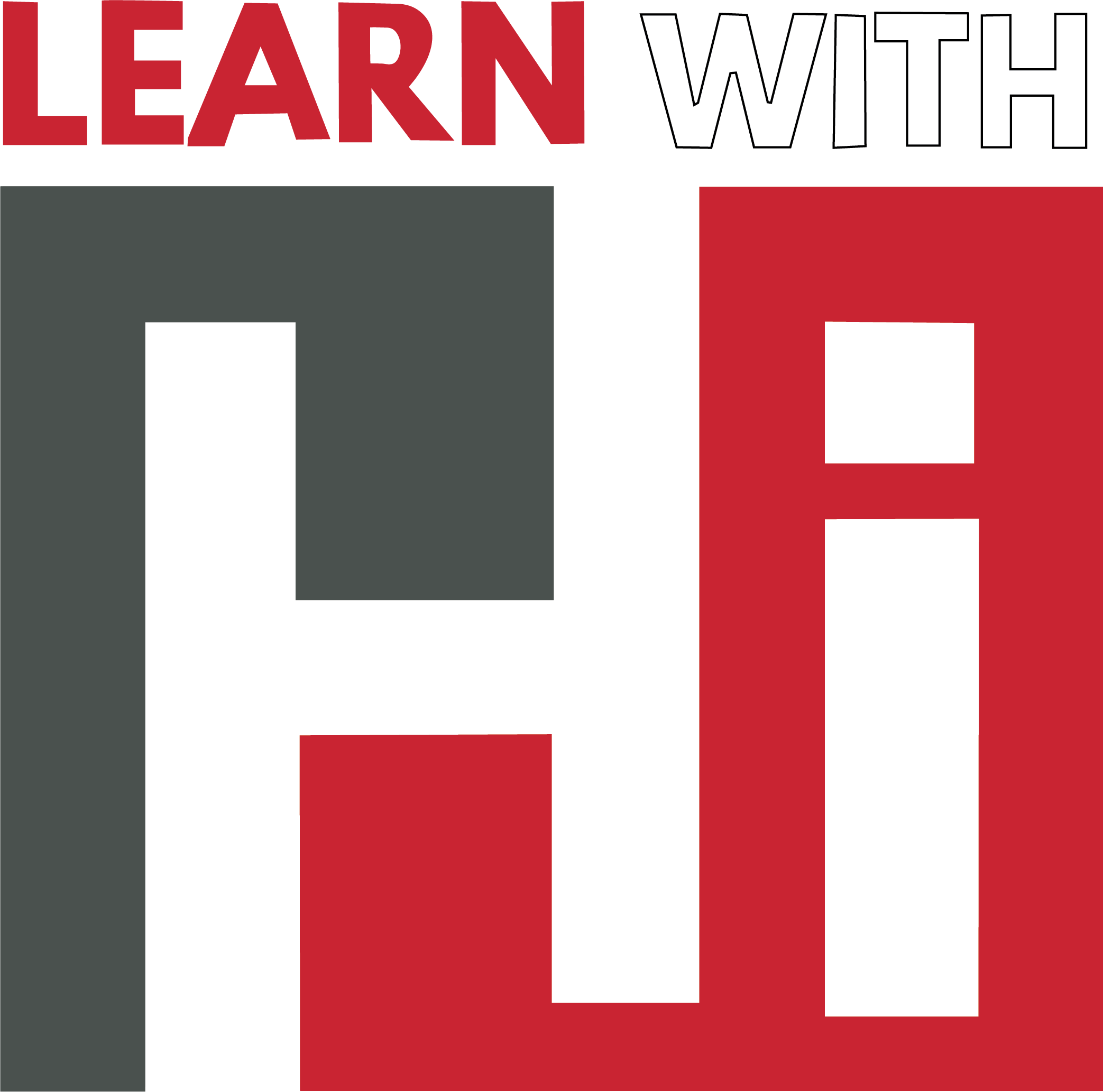Part 1: Questions 1-10
Complete the notes below. Write ONE WORD AND/ OR A NUMBER for each answer.
Children’s Engineering Workshops
Tiny Engineers (ages 4-5)
Activities
• Create a cover for an (1) so they can drop it from a height without breaking it.
• Take part in a competition to build the tallest (2)
• Make a (3) powered by a balloon.
Junior Engineers (ages 6-8)
Activities:
• Build model cars, trucks and (4) and learn how to program them so they can move.
• Take part in a competition to build the longest (5) using card and wood.
• Create a short (6) with special software.
• Build, (7) and program a humanoid robot.
Cost for a five-week block: £50
Held on (8) from 10 am to 11 am
Location
Building 10A, (9) Industrial Estate, Grasford
Plenty of (10) is available.
Part 2: Questions 11-14
Choose the correct letter, A, B or C.
11. Stevenson’s was founded in
A 1923
B 1924
C 1926
12. Originally, Stevenson’s manufactured goods for
A the healthcare industry
B the automotive industry
C the machine tools industry
13. What does the speaker say about the company premises?
A The company has recently moved
B The company has no plans to move
C The company is going to move shortly
14. The programme for the work experience group includes
A time to do research
B meetings with a teacher
C talks by staff
Questions 15-20
Label the map below. Write the correct letter A-J next to questions 15-20.

15. Coffee room
16. Warehouse
17. Staff Canteen
18. Meeting Room
19. Human Resources
20. Boardroom
Part 3: Questions 21 and 22
Choose TWO letters, A-E. Which TWO parts of the introductory stage to their art projects do Jess and Tom agree were useful?
A the Bird Park visit
B the workshop sessions
C the Natural History Museum visit
D the projects done in previous years
E the handouts with research sources
Questions 23 and 24
Choose TWO letters, A-E. In which TWO ways do both Jess and Tom decide to change their proposals?
A by giving a rationale for their action plans
B by being less specific about the outcome
C by adding a video diary presentation
D by providing a timeline and a mind map
E by making their notes more evaluative
Questions 25-30
Which personal meaning do the students decide to give to each of the following pictures? Choose SIX answers from the list and write the correct letter, A-H, next to Questions 25-30.
Personal meanings
A childhood memory
B hope for the future
C fast movement
D a potential threat
E the power of colour
F the continuity of life
G protection of nature
H a confused attitude to nature
Pictures
25. Falcon (Landseer)
26. Fish hawk (Audubon)
27. Kingfisher (van Gogh)
28. Portrait of William Wells
29. Vairumati (Gauguin)
30. Portrait of Giovanni de Medici
Part 4: Questions 31-40
Complete the notes below. Write ONE WORD ONLY for each answer.
Stoicism
Stoicism is still relevant today because of its (31) appeal.
Ancient Stoics
• Stoicism was founded over 2,000 years ago in Greece.
• The Stoics’ ideas are surprisingly well known, despite not being intended for (32)
Stoic principles
• Happiness could be achieved by leading a virtuous life.
• Controlling emotions was essential.
• Epictetus said that external events cannot be controlled but the (33) people make in response can be controlled.
• A Stoic is someone who has a different view on experiences which others would consider as (34)
The influence of Stoicism
• George Washington organised a (35) about Cato to motivate his men.
• The French artist Delacroix was a Stoic.
• Adam Smith’s ideas on (36) were influenced by Stoicism.
• Some of today’s political leaders are inspired by the Stoics.
• Cognitive Behaviour Therapy (CBT)
– the treatment for (37) is based on ideas from Stoicism
– people learn to base their thinking on (38)
• In business, people benefit from Stoicism by identifying obstacles as (39)
Relevance of Stoicism
• It requires a lot of (40) but Stoicism can help people to lead a good life.
• It teaches people that having a strong character is more important than anything else.
1. Egg
2. Tower
3. Car
4. Animals
5. Bridge
6. Movie/ film
7. Decorate
8. Wednesdays
9. Fradstone
10. Parking
11. C
12. A
13. B
14. C
15. H
16. C
17. G
18. B
19. I
20. A
21. C, E
22. C, E
23. B, E
24. B, E
25. D
26. C
27. A
28. H
29. F
30. G
31. Practical
32. Publications
33. Choices
34. Negative
35. Play
36. Capitalism
37. Depression
38. Logic
39. Opportunity
40. Practice/ practise
